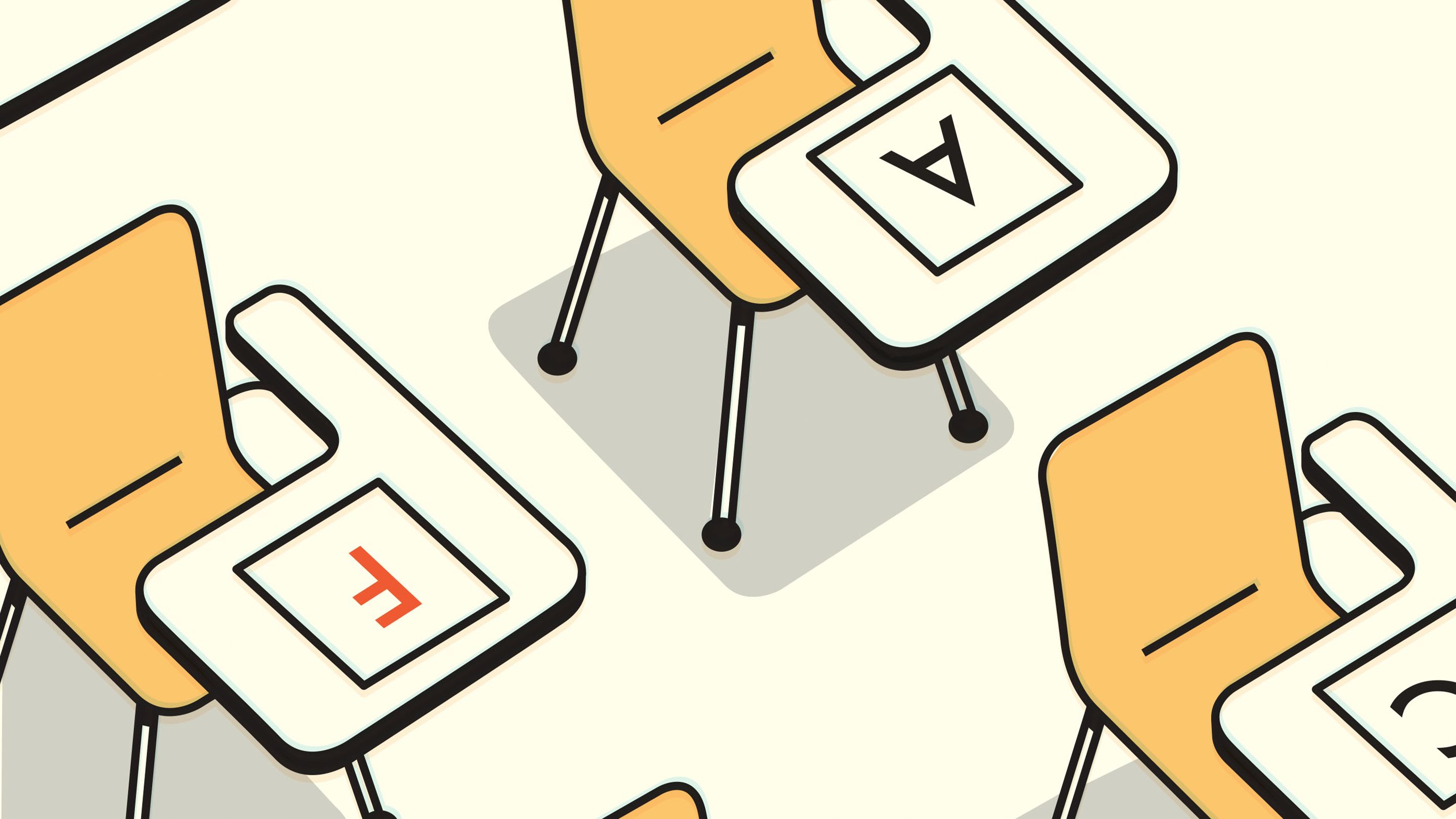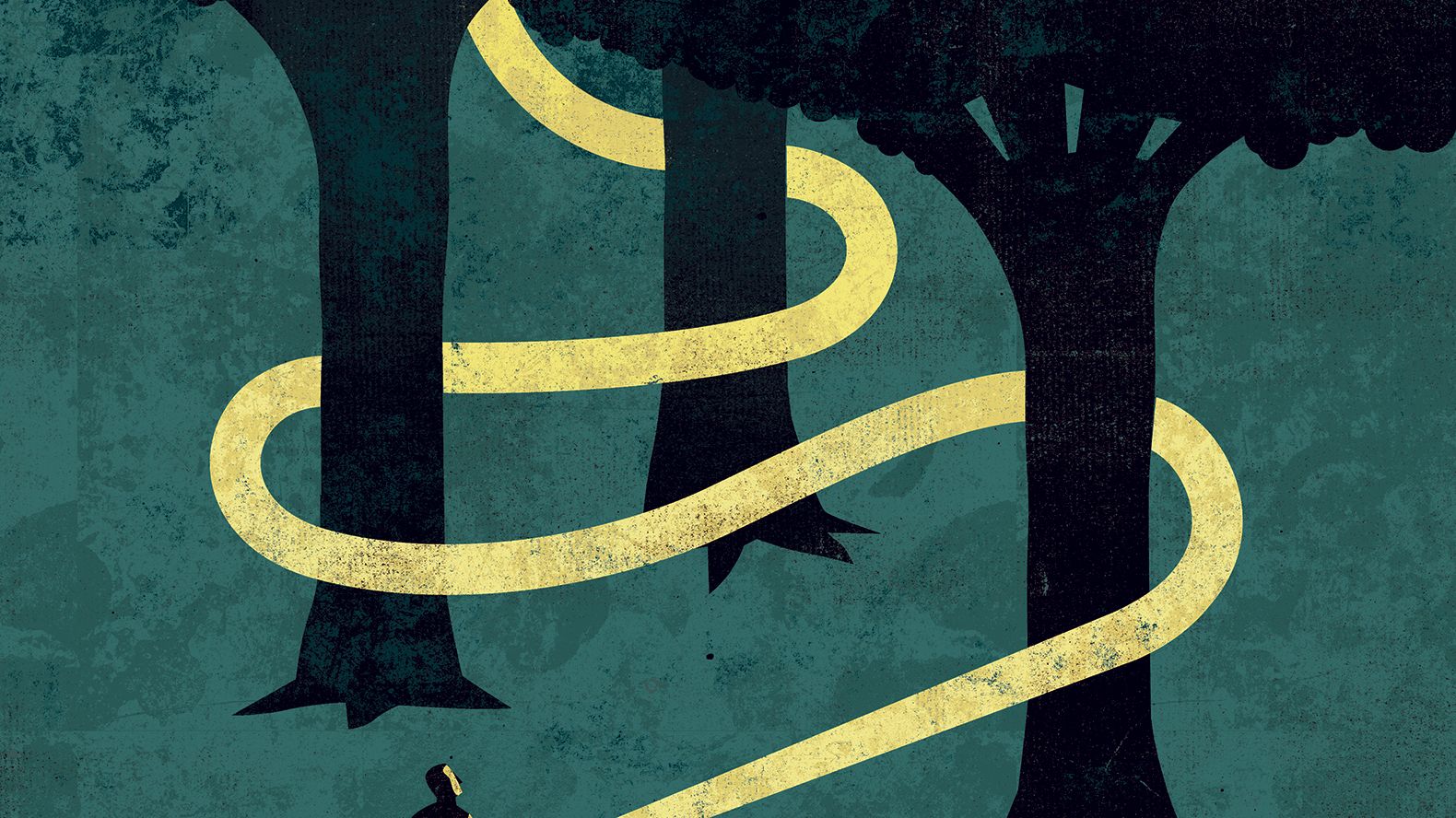


Education Lane
September 2022 | Cathleen Weber PhD
Equitable Grading
As we begin perhaps our first "normal" school year since spring 2020, I find myself considering long-held policies in a new light that value equity in a way that wasn't clear to me pre-Covid.
Dr. Douglas Reeves is a leading voice in equitable grading practices. Even if you disagree with aspects of his grading proposal, please contemplate the various environments and levels of support prevalent among our student population.
Dr. Douglas Reeves:
When students were missing assignments during school closure due to the pandemic, giving zeroes for the missing work and then averaging in those zeroes to determine the final grade was not something that many educators considered. Teachers had to evaluate student performance based on the latest and best evidence that they had available, not the average. Abandoning the average is not only a good practice during school closures, but should be part of grading reforms in any learning environment. Evaluation of student work should be based on their latest and best evidence.
Fast forward to the current school environment. Education leaders need to remember that some students go home to safe, two-parent homes, filled with books and technology, often supplemented with tutors. Others go home to challenges in housing, food insecurity, medical care, and family support. In some of these homes, success in school might be a lower priority. A commitment to equity means both groups of students have equal access to support, and that success in school doesn't depend upon the conditions of the home.
Creative Teaching and Learning
Kindergarten Signing Day
Illinois Teacher Shortage Statistics
According to the Bureau of Labor Statistics, between February 2020 and May 2022, approximately 300,000 public school teachers and other staff left their jobs and the education profession. Nancy Latham, associate dean for undergraduate programs at the College of Education and executive director of the Council on Teacher Education at Illinois, said there are many reasons for students deciding not to pursue a career in education and for in-service teachers leaving the profession. "They are not just pandemic or recent issues. For two or three decades we have been de-professionalizing the field of teaching. Both in how we look at teachers, how we blame the educational system, our schools, and our teachers for everything that is not the way that we think it should be," Latham said.
In an effort to adopt a holistic approach to education, teachers have been asked to take on more responsibility in the areas of medical needs, mental health, parent training, security, and nutrition.
As we creatively try to decide next steps to attract quality teachers, Latham suggests that there are strategies that we should avoid:
- Don't diminish what it takes to be a teacher
- Teachers who are less prepared are 25% more likely to leave the field
Perhaps some long term solutions are to re-professionalize the field by examining salaries, benefits, and teacher retirement to make sure that these components are in line with other professions.










